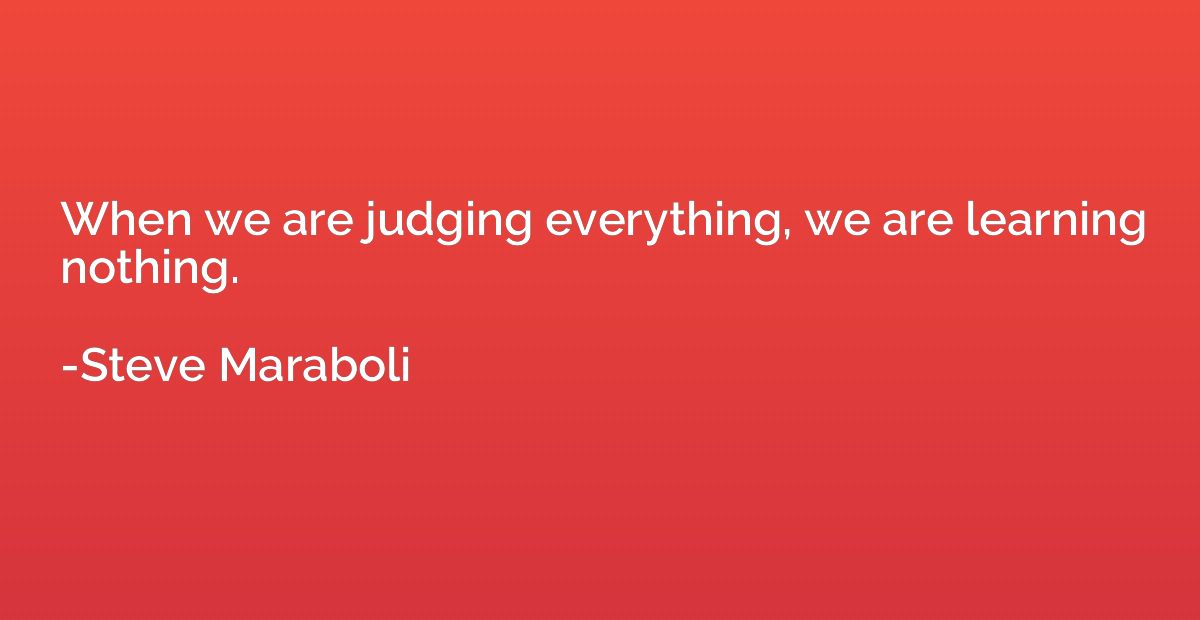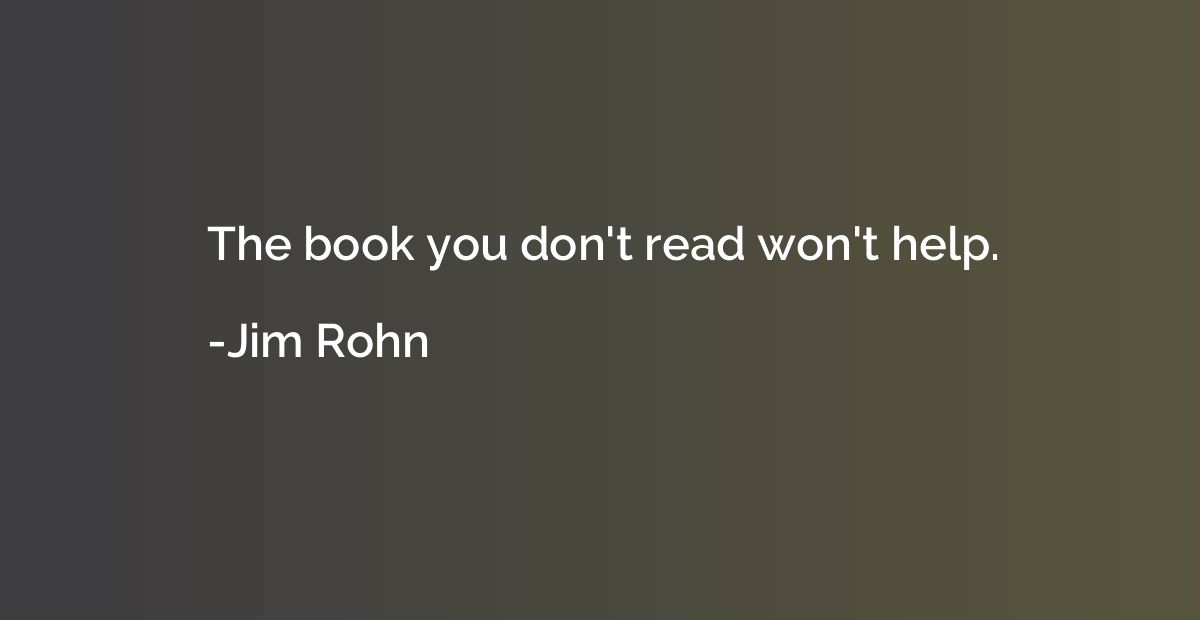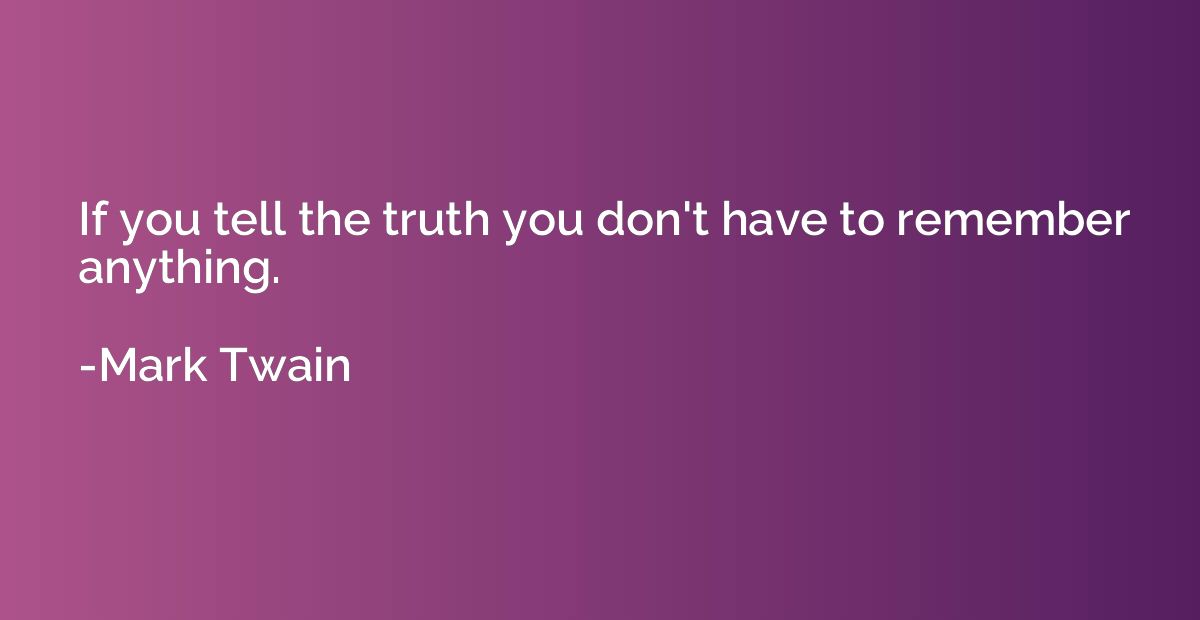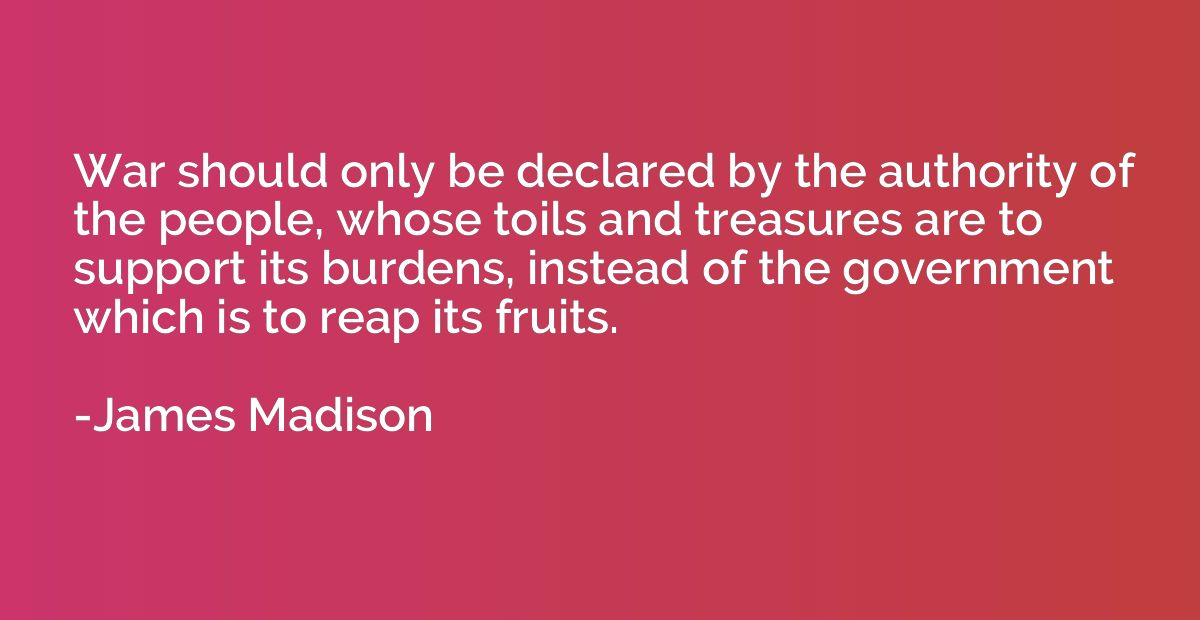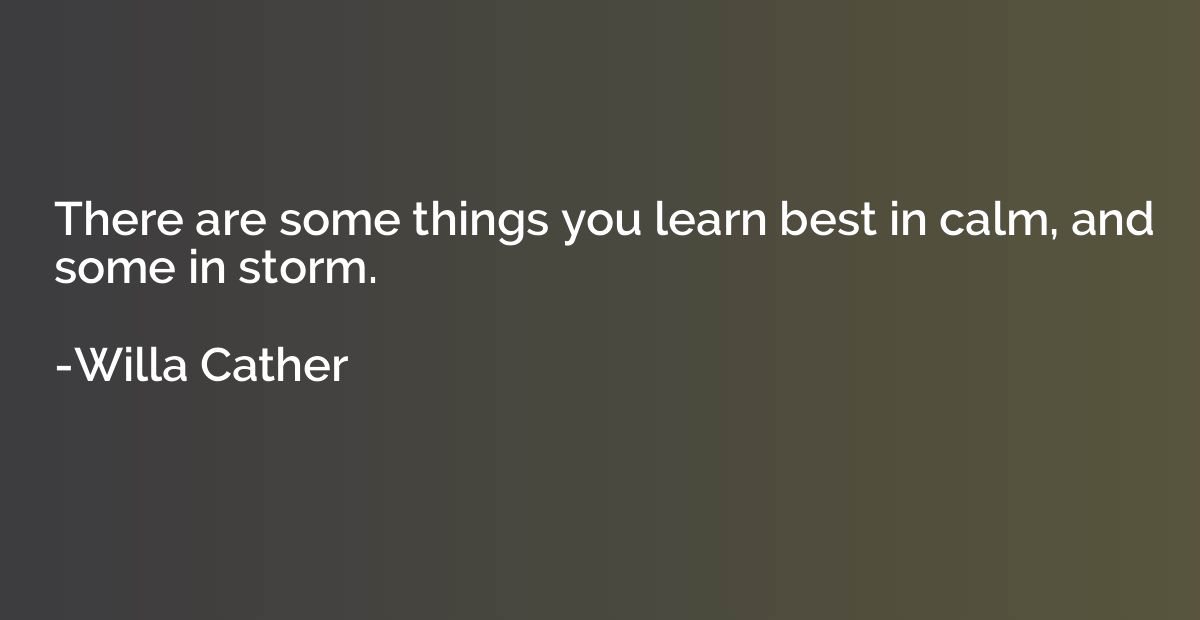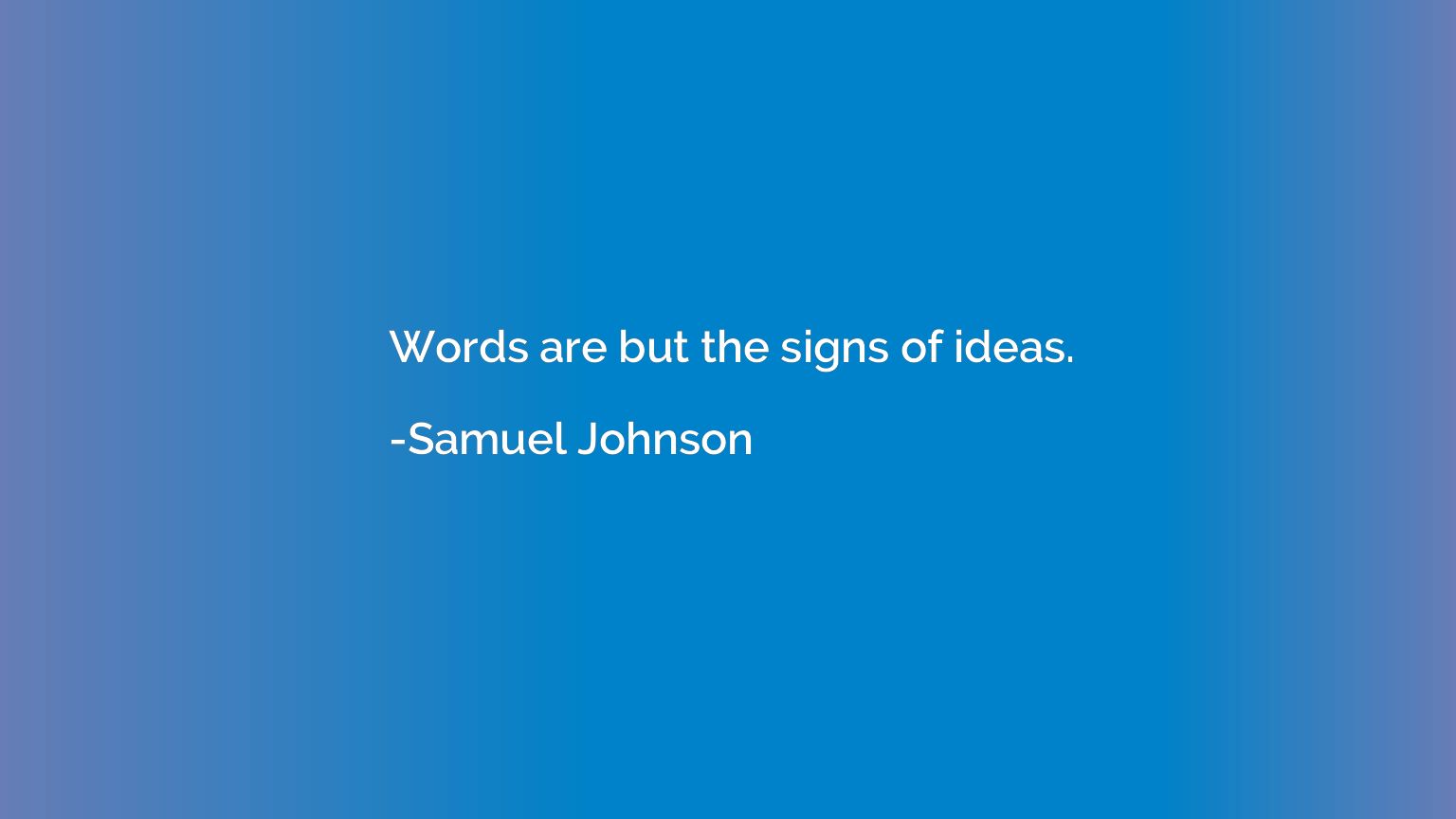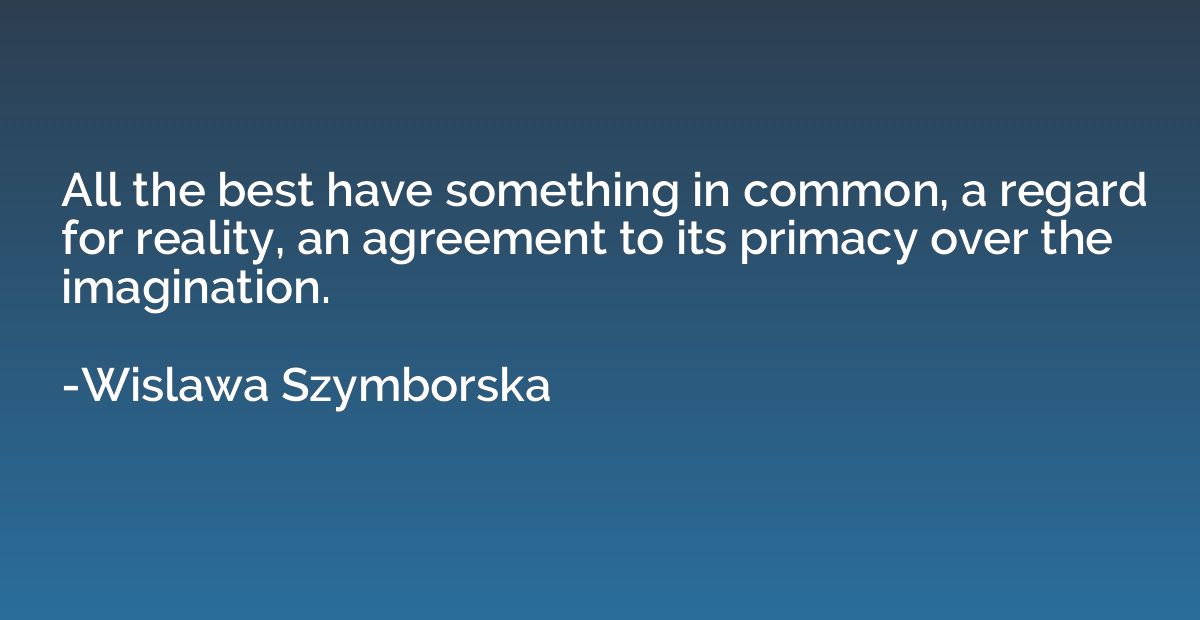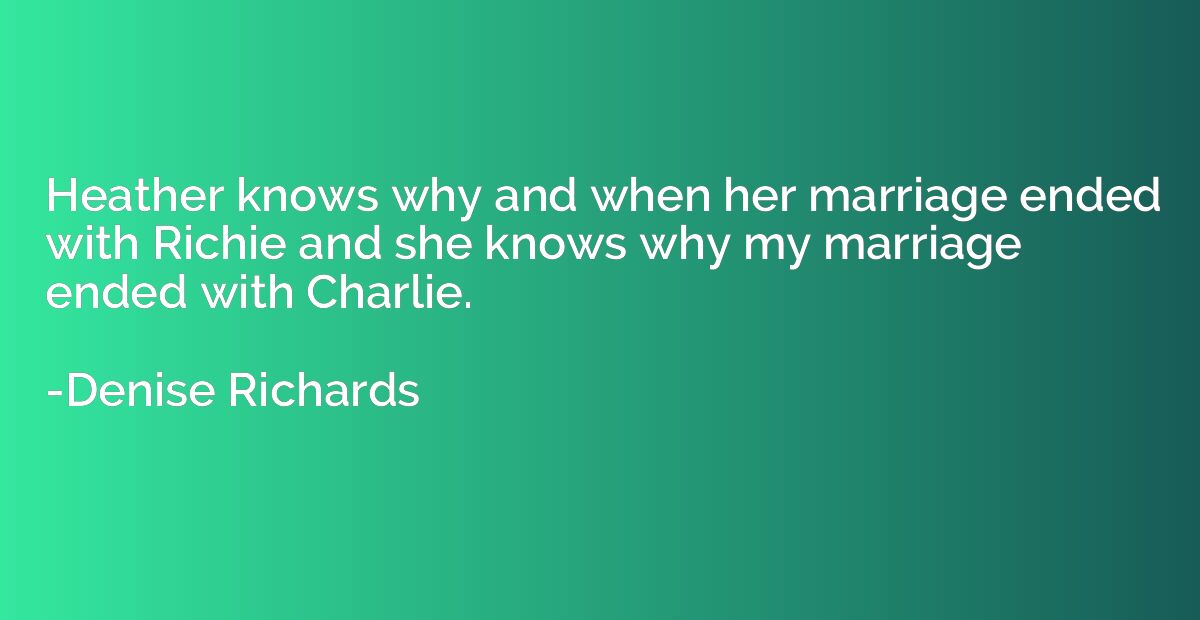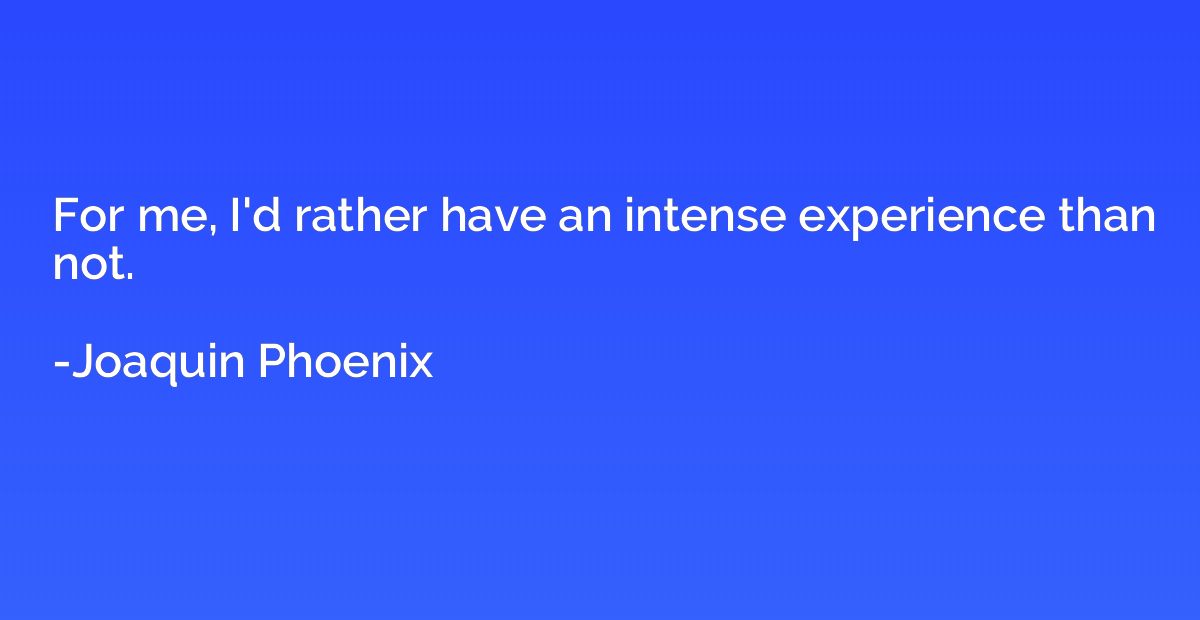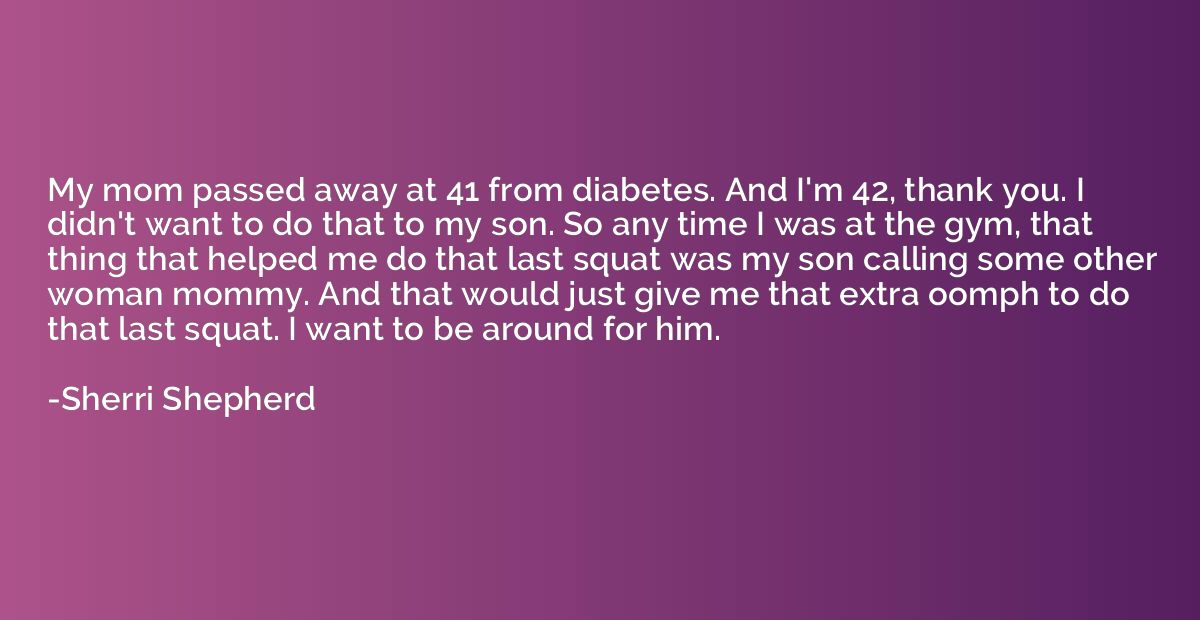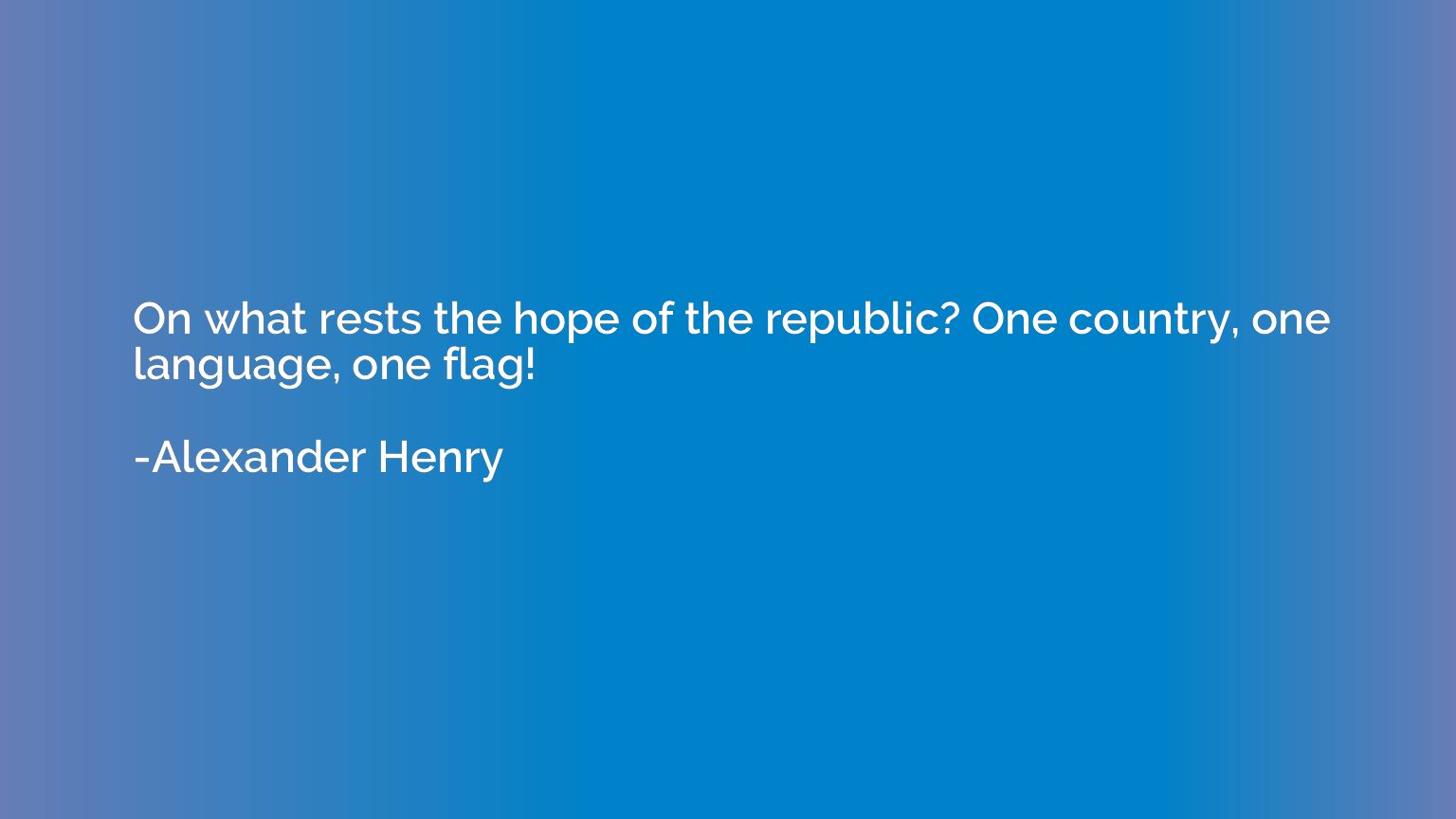Quote by Cassandra Clare
He had lost Will Herondale. And he did not know if he could ever get him back.
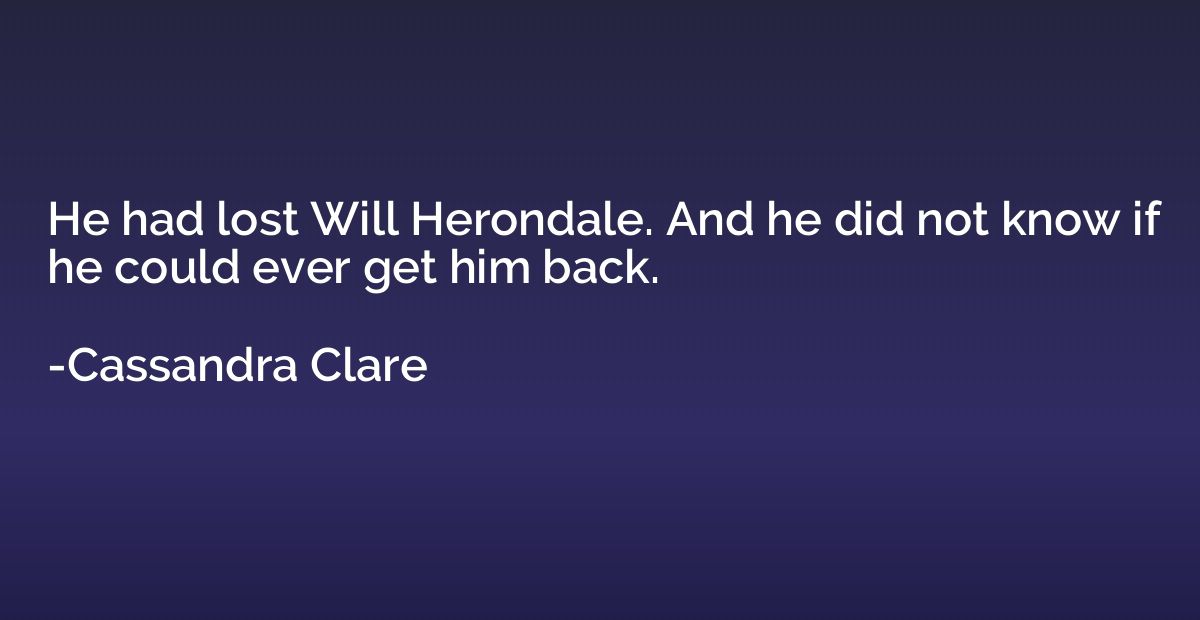
Summary
This quote reflects the pain and uncertainty felt by the speaker, who has experienced the loss of someone named Will Herondale. The speaker is uncertain about whether they will be able to regain this person, highlighting their deep emotional distress and feelings of hopelessness. It suggests that losing someone important can be devastating and overwhelming, leaving a sense of emptiness and a lack of clarity about the future.



![[A young adult novel] ends not with happily ever after, but](https://quotation.io/quotes/young-adult-novel-ends-happily-ever-new.jpg)
